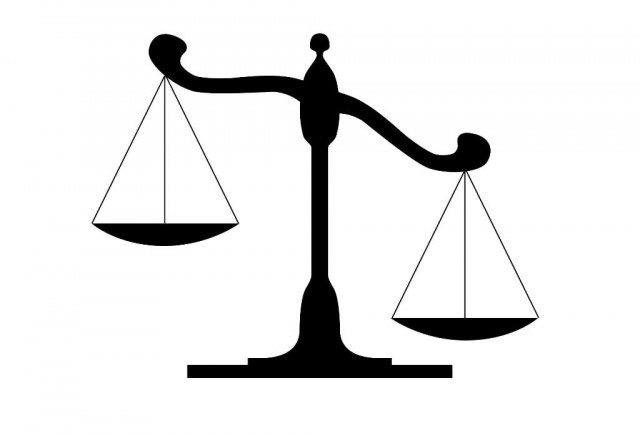Rights groups blast Bangladesh law revision, activist arrest
The amendment includes hiking the maximum penalty for breaching the act from 10 to 14 years in prison.

There is no justification for changing an already dubious law, says OMCT. PHOTO: FILE
"There is no justification for changing an already dubious law," said Gerald Staberock, the head of the World Organisation Against Torture (OMCT), concerning changes Bangladesh's government accepted this month to the Information and Communication Technology law.
Both the OMCT and the International Federation for Human Rights (FIDH) urged Bangladeshi President Abdul Hamid not to promulgate the law change, which will allow police to arrest anyone without a warrant and significantly harshen the penalty for violating the 2006 act.
That law made it illegal to among other things publish "false images and information," and "disrupt the law and order situation of the country".
The amendment includes hiking the maximum penalty for breaching the act from 10 to 14 years in prison and removing the possibility of bail for people suspected of violating the law.
It will "further reduce the scope of civil society to act", FIDH president Karim Lahidji said in the statement.
The changes are all the more worrying in the context of the August 10 arrest of Adilur Rahman Khan, secretary of the rights group Odhikar, the statement said.
Bangladeshi police said they wanted to question Khan, who is still in custody, for "false and fabricated" information about a May 5-6 crackdown on a protest by some 70,000 people.
Police said they had recovered 11 dead bodies, including an officer whose head was hacked by machetes.
But in a detailed report released last month, Odhikar said that around 60 people were killed, making it one of the deadliest crackdowns in Bangladesh's history.
"The new law seems to specifically target human rights defender Adil Rahman Khan and other members of Odhikar," Staberock said.
"Rather than prosecuting human rights defenders criticising the state security services, (Bangladesh) should assume its responsibility as a matter of urgency and appoint an independent judicial inquiry into the alleged killings" in May, FIDH said.



















COMMENTS
Comments are moderated and generally will be posted if they are on-topic and not abusive.
For more information, please see our Comments FAQ